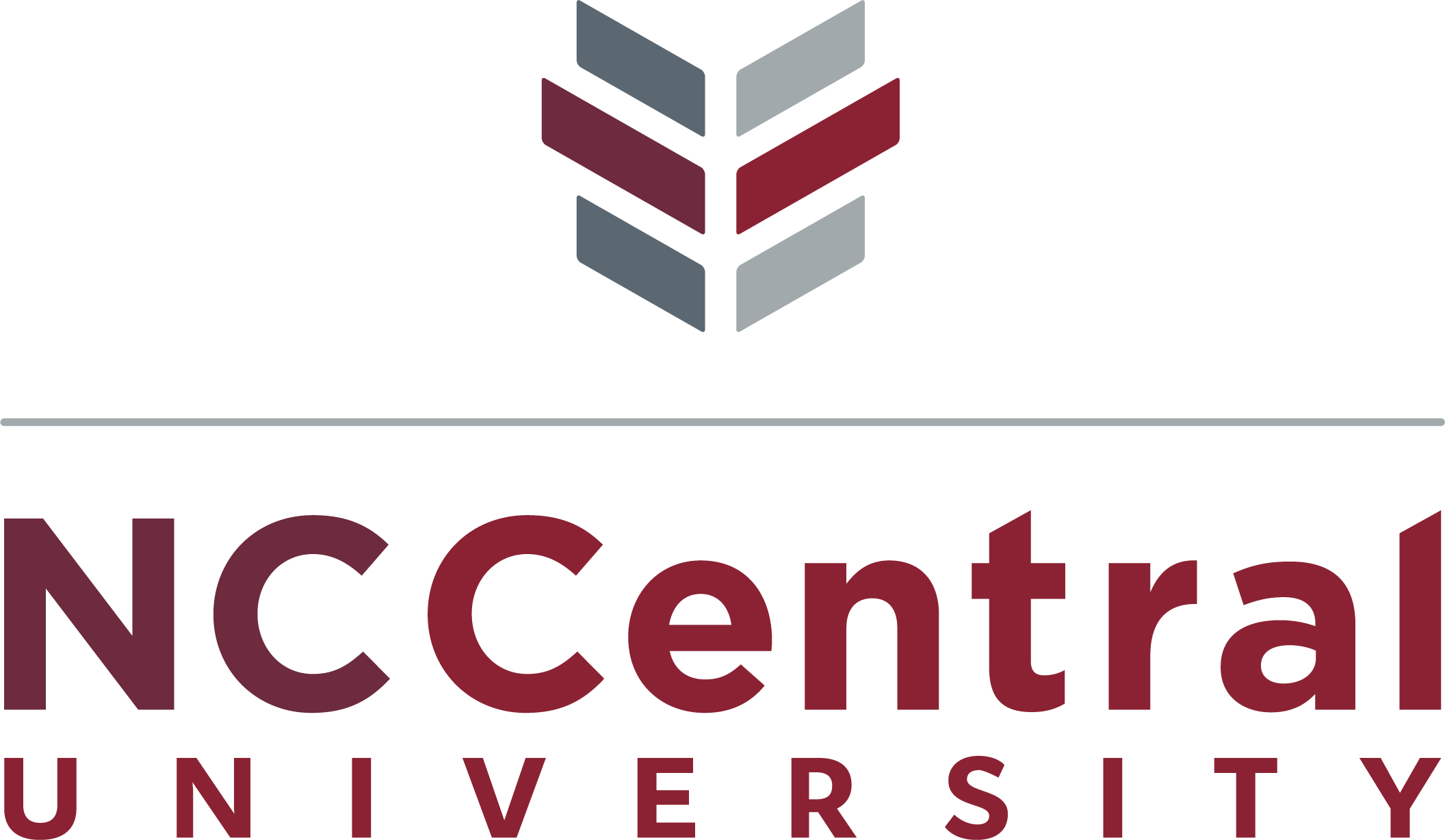
“We immediately recognized the need to provide continuous, practical, low-stakes exposure to the QM Rubric to promote retention of the critical course design elements necessary to meet the needs of digital learners.”
Dr. Racheal Brooks, Ph.D., Coordinator, Office of e-Learning
It’s called the Eagle Promise — North Carolina Central University’s (NCCU) pledge to its students, which includes a commitment to student success and a promise to “offer multiple access points for students seeking higher education.” That includes online education, which is overseen by NCCU’s Office of e-Learning. So how is the Office of e-Learning delivering on the Eagle Promise? Racheal Brooks, Ph.D., Coordinator, Office of e-Learning, explained, “We fulfill the Eagle Promise in digital education by investing in the professional preparation of our NCCU Online faculty and course designers to support the creation of high-quality online and hybrid courses.”
QM tools and resources play a significant role in helping the Office of e-Learning prepare faculty and staff to develop courses that promote student success. The Quality Matters Higher Education Rubric, Sixth Edition, is used to continuously review and evaluate online courses. But the learning begins with the Applying the Quality Matters Rubric workshop (APPQMR), which Racheal said, “empowers faculty with the research-supported best practices necessary to promote student success in the online learning environment.”
Recognizing the value of the learning that takes place during the APPQMR, the Office of e-Learning decided to take their efforts to the next level. “We immediately recognized the need to provide continuous, practical, low-stakes exposure to the QM Rubric to promote retention of the critical course design elements necessary to meet the needs of digital learners,” Racheal shared. That’s how “You be the Reviewer: Quality Matters at NCCU” was born! The app, designed by NCCU’s Office of e-Learning in partnership with TalentED, LLC, is an extension of the APPQMR. It reinforces understanding of the best practices for online and hybrid course design that participants learn during the workshop.
Racheal explained how the app works, “The app is a game that features 20 challenges that participants complete over a four- to six-week period. During the three- to five-minute challenges, participants act as peer mentors and must use their knowledge of the QM Rubric gained during the APPQMR to help their ‘colleagues’ make appropriate determinations about their online and hybrid course design and learning challenges.” The app also features rewards such as badges and jewels to motivate participants, as well as a quick-access Rubric toolkit and immediate, detailed feedback following the submission of each answer.
The response to the app was overwhelmingly positive. Most notably, participants shared that the mobile gameplay format increased their access to professional development by removing barriers such as restrictive schedules and locations. They also felt that the “chunked” nature of the content encouraged them to engage with the content and many expressed their appreciation for the opportunity to learn actively by reviewing key Standards through game challenges. “Most encouragingly, though, all of our faculty participants indicated making changes to their course shells during and immediately following gameplay,” shared Racheal. “They also expressed a deeper sense of understanding of the QM Rubric Standards and a new-found empowerment to assist colleagues in the application of the Standards in their own courses.”
The app isn’t just helping faculty and staff. It is also informing the Office of e-Learning. Analytics collected during gameplay help the e-Learning team evaluate the retention of QM Rubric Standards following the APPQMR and determine the need for subsequent in-house professional development offerings. As Racheal explained, “Analytics from our first cohort of faculty highlighted General Standard 3: Assessment and Measurement and General Standard 6: Course Technology as potential competency areas for improvement. Following further exploration of participants’ understanding of these General Standards during a post-gameplay focus group, our staff planned a heavily-attended professional development series targeting application of these Standards.”
Given the benefits the app provides, NCCU is looking to expand its use. Currently, the game is being updated for use within the entire University of North Carolina (UNC) System with the goal of making the app available to other UNC institutions at the beginning of 2020. NCCU also wants to share the app with the broader QM community in the near future. Please fill out the NCCU QM App Follow-up Request form to receive additional information and for future game updates.
The Office of e-Learning is also planning to create additional apps. “We are currently drafting proposals to utilize this technology to reinforce online and hybrid course delivery best practices promoted by the NCCU Office of e-Learning,” Racheal details. “There are also plans to employ this software to support the unique needs of our new online and hybrid faculty and learners. The possibilities are endless, and we embrace this new avenue to continue to fulfill the Eagle Promise…Online!”
